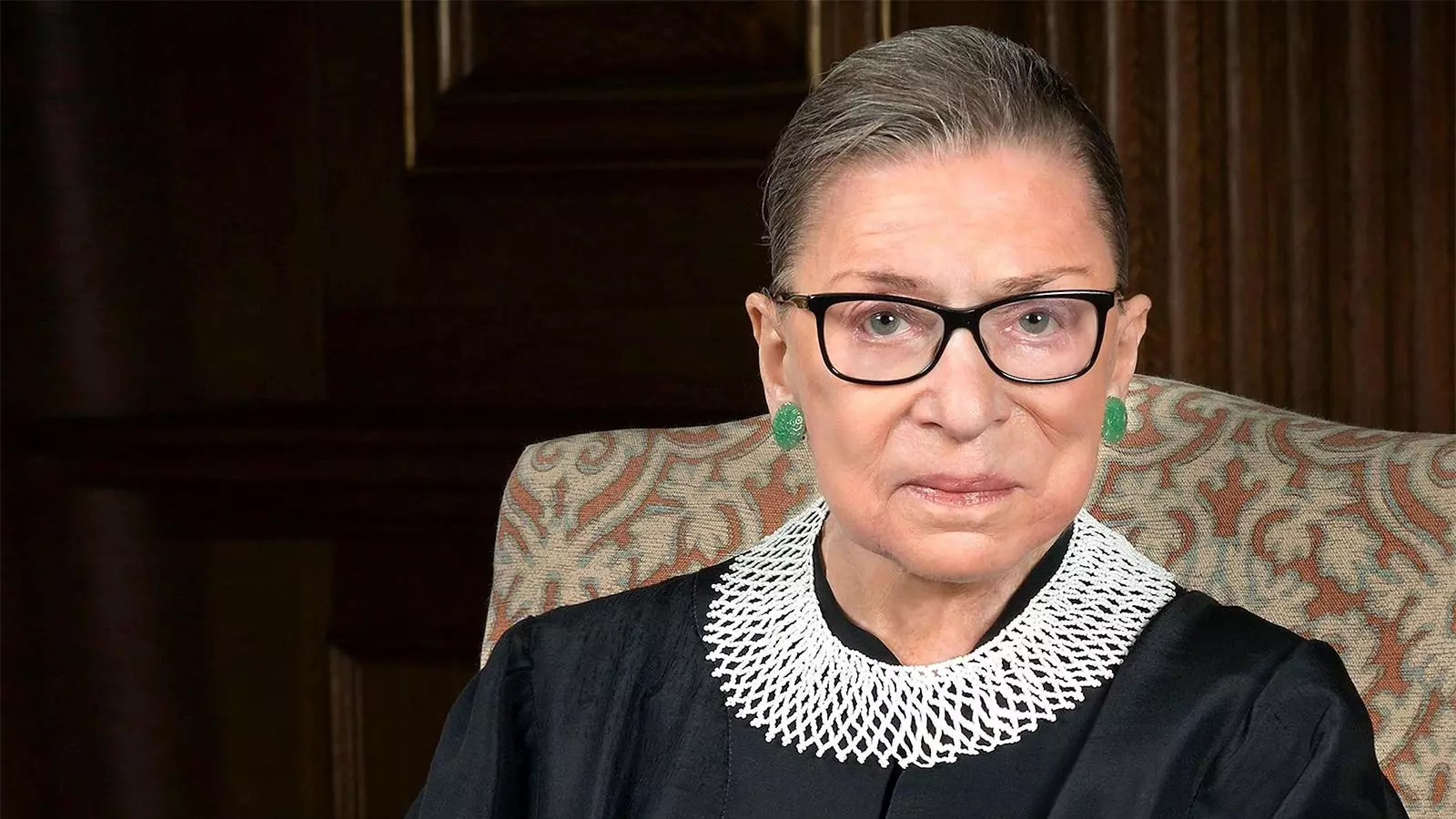In an alarming case of medical ethics and privacy violation, Trent Russell, a former transplant coordinator in Nebraska, was sentenced to two years in prison for illegally accessing the health records of the late Supreme Court Justice Ruth Bader Ginsburg. This case underscores the grave responsibilities associated with healthcare professions, especially when entrusted with sensitive information. The court’s decision serves as a stern warning that breaches of trust in healthcare are taken seriously, holding individuals accountable for their actions.
Health records represent some of the most sensitive information about an individual, often containing personal, private details about medical history and conditions. Trent Russell’s actions pose a significant violation of this trust, particularly when he exploited his position as a transplant coordinator, allowing him access to medical records across multiple institutions. It is vital to recognize that individuals in such roles are typically imbued with a high level of responsibility due to the sensitive nature of their work. The case of Russell illustrates a dangerous intersection of professional privilege and personal misconduct.
Russell’s actions not only breached Ginsburg’s privacy but also undermined the integrity of the healthcare system itself. The illegal access to a high-profile individual’s records raises profound questions about safeguarding protocols within healthcare organizations. What measures are currently in place to prevent healthcare workers from misusing their access? This case should serve as a catalyst for stricter enforcement of regulations and monitoring of individuals who handle sensitive health information.
The motivations behind Russell’s unlawful acts remain unclear, a factor that has been a point of contention throughout the trial and sentencing. While one might speculate that the allure of public attention surrounding Ginsburg’s health could have prompted Russell to breach protocols, he has denied these actions and offered absurd excuses, such as blaming his cat for inadvertently accessing Ginsburg’s data.
Such denials signal a troubling lack of accountability, which is particularly concerning in a field that relies heavily on the trust between patients and healthcare providers. This refusal to take responsibility for his actions led to scathing criticism from the prosecution. Prosecutor Zoe Bedell described Russell’s excuses as “completely implausible,” emphasizing that if one cannot take responsibility, it suggests an underlying disregard for the severity of one’s actions.
Russell was sentenced to 24 months in prison, a decision that reflects the serious nature of his crime. U.S. District Judge Michael Nachmanoff condemned Russell’s behavior as “truly despicable,” highlighting the deception that characterized his actions, from lying to investigators to ridiculing the situation by blaming a pet. The sentencing was also marked by a broader discussion of Ginsburg’s status as a public figure and the implications it had on Russell’s sentencing.
Was Ginsburg’s position a factor that heightened the severity of the crime? Prosecutors argued that her status as an aging and ailing public figure made her a particularly vulnerable target, while Russell’s defense claimed that the power associated with her office negated any assertion of vulnerability. The judge’s acknowledgment of the complexities involved in Ginsburg’s case illustrates how public roles can complicate legal judgments and perceptions of privacy in the digital era.
The ruling in Trent Russell’s case brings to the forefront essential discussions about privacy, ethics, and the responsibilities of healthcare professionals. It serves as a reminder that while public figures may exist in the limelight, their intrinsic right to privacy must be protected without prejudice. The ruling has wider implications for how healthcare sectors will approach access to medical records in the future.
Organizations must review current protocols and reinforce the importance of ethical behavior amongst their employees. The potential for technology to facilitate unethical behaviors in healthcare must be addressed, and ongoing training on data privacy must be emphasized. The ramifications of Russell’s actions will likely encourage legislative stakeholders to revisit privacy laws to ensure that breaches of trust are met with appropriate consequences.
The case of Trent Russell is a critical reminder of the paramount importance of trust and accountability in the healthcare profession. As technology continues to evolve, so too must the frameworks that protect sensitive information in an increasingly interconnected world. The outcomes of Russell’s case emphasize that an individual’s right to privacy is non-negotiable, regardless of their public stature.


Leave a Reply